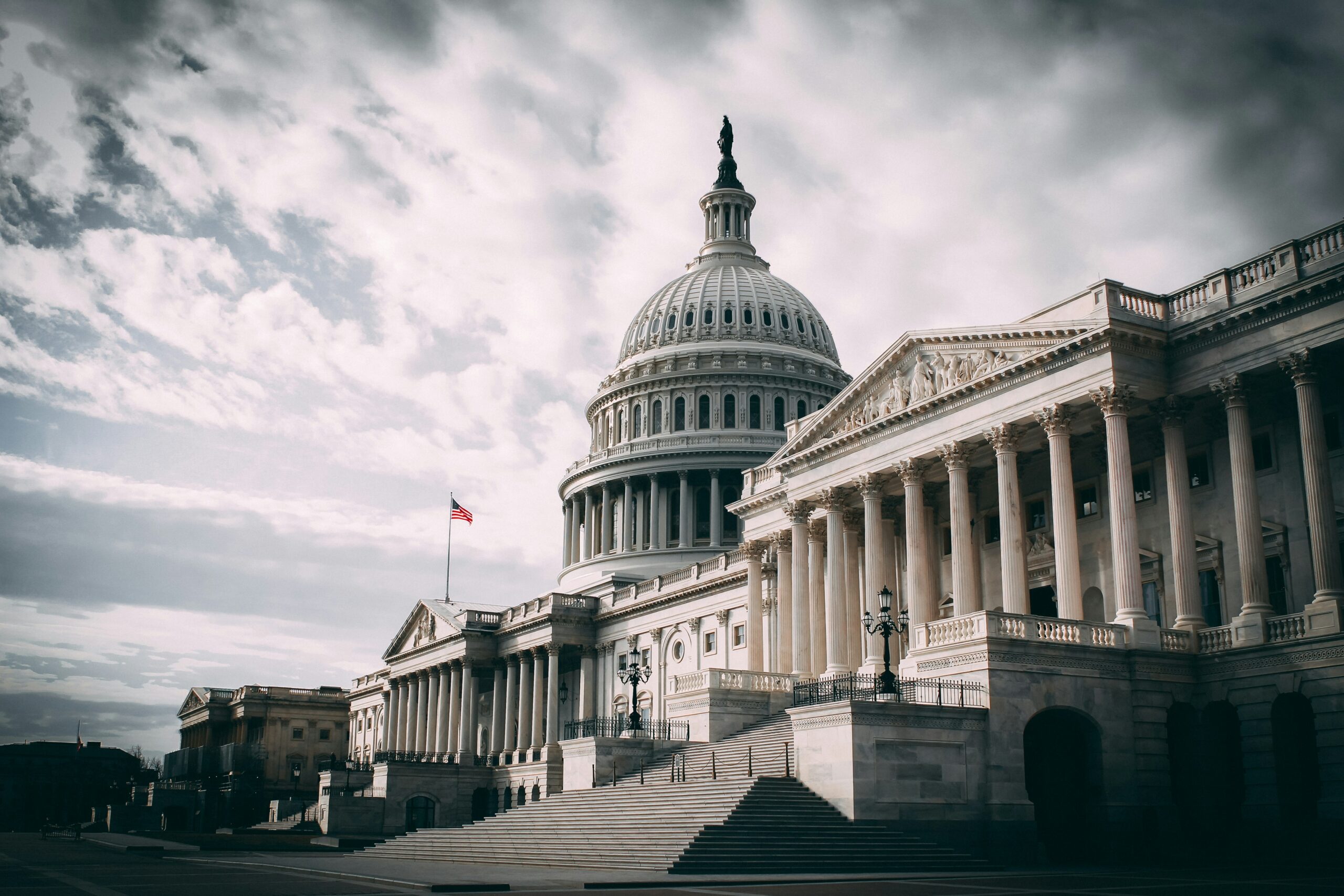
One of the more common ways people make money outside of their day jobs is through rental properties. With the emergence of easy-to-use apps like Airbnb, you no longer need a separate property to rent, but can now easily rent out a room in your home at your convenience. While this can be a great way to earn a little extra money, these short-term rentals are now subject to an additional tax in the state of Massachusetts. If you rent out a summer home or part of your personal residence this new tax may apply to you.
What is a short-term rental?
For the purpose of this excise tax, a short-term rental is a piece of property where at least one room is rented out via advance reservations. This applies to most properties, including: houses, apartments, condos, and cottages. There are a list of exemptions like summer camps for kids, nursing homes and a bed and breakfast home (which is defined differently than a bed and breakfast establishment), so check to see if your situation fits into any of these categories.
A short-term rental is classified as a rental agreement of not more than 31 consecutive days to an individual person or persons. 1 Therefore this tax would not apply to long-term rental properties or even tenancies with month-to-month leases. But if you’re renting out your beach house to different individuals consecutively for the whole summer, this tax will apply to you.
Does every short-term rental have to pay the tax?
There is a key exception for extremely short-term rentals. In order for the tax to apply, the property needs to be rented for more than 14 days during the calendar year. 1 Not exactly a high bar to hit, even if you’re not renting your place all that often. The tax also applies to both residents and non-residents of MA who use their property as rentals. Note: Even people who have short-term rentals of less than 14 days still need to register the rental with the state.
How much is that tax?
There are two parts of the tax: the state of Massachusetts tax and then an additional local tax, if applicable. The state portion is 5.7% and the local amounts will vary (from 0% – 6.5%). 1 Some municipalities like Boston, Worcester, Cambridge, and Springfield also have additional fees that are on top of the excise taxes. The “rent” that is subject to tax is defined as “. . . the total consideration paid by or on behalf of an occupant” which includes things such as booking fees and other service charges. 2
When a renter receives their bill, to be in compliance with the new tax law, it must break down the total cost by line item:
- Rent charged
- Dollar amount and rate of the excise tax
- Name of the city/town imposing the excise tax (if applicable)
- Dollar amount and rate of the local excise tax
- Dollar amount of any additional excise tax imposed by certain cities
How and when is the tax paid?
The preferred method for the MA government to receive the tax is by registering with MassTaxConnect and receiving a registrant certificate number. You must also register separately with the local municipality if they impose their own excise tax. The returns need to be filed monthly by the 20th of the following month. A return is only required to be filed if there was tax due during that month. If you didn’t rent anything out, no need to file a return. It’s important to file the returns because any tax that should have been paid and reported that was not will be subject to interest and penalties.
It’s also important to register even if you meet the exception of renting 14 days or less. Each year if you intend to rent less than this amount you will file for an exception at that time. If you file for the exception, and do rent for more than 14 days, then tax will be due, and returns must be filed for the rental income.
Wrap Up
While short-term rentals can boost your income, in MA, they are now going to be taxed a bit more. The key takeaway is that if you rent property that falls under the category of short-term rental, to make sure you are following the rules and filing appropriately. Not doing so can bring an unwelcome surprise at tax time !
1 https://www.mass.gov/info-details/room-occupancy-frequently-asked-questions



